Op-Ed: When did we start weaponizing musical taste?
Time and time again, when meeting somebody my age, I anticipate the dreaded question which seems to hold more weight than political alignments, religious beliefs, or any of the other identity factors polarizing greater American society. When other “favorites” like colors and hobbies have been exhausted, they will inevitably ask, “So, what kind of music do you listen to?”
Although my AirPods are in at almost any moment I’m alone and my small record collection boasts titles by The Cure and Blondie, I freeze. Harry Styles? Too mainstream. The Talking Heads? Dad music. Cocteau Twins? People don’t even know what they’re saying in half their songs.
So, I reply the same way a person with little knowledge of music attempting to sound unique would. “Just some stuff from the 80s and 90s. Nothing too current.” I resist the urge to use the word “underground,” vague jargon that only begs for further questioning.
If you couldn’t tell, nothing is more vulnerable to me than sharing my actual musical tastes, even if the songs or artists themselves aren’t “embarrassing.” It feels as if stating the songs you like and dislike, is not only a confession of what you listen to but about what type of person you are. And this fear isn’t uncommon.
For decades, music taste has been part of social groupings and cultures, extensions of how we act, think, eat, and dress. For example, musical subcultures like goths or punks are brought together by a shared taste in music, yet each group has its own very distinct style and values. For punks, typical traits would include colored hair, leather jackets, combat boots, and anti-capitalist and anti-consumerist beliefs. It can be argued that even Swifties are united in their fashion and opinions. So it’s hard to know which came first. Is it music and the group associated with that music that defines the way we think? Or is it the way we think that draws us to certain music?
All of these thoughts rush through my head as I try to explain my taste to someone, leaving me in a state of paralysis. Even further, I’m concerned with the fact that my music not only places me in a certain box or grouping, but it can dictate whether or not I am part of the “in” group or an outsider.
And with so many ways to be “in” and “out” of groups, it’s impossible to know who it’s “safe” to share your music taste with.
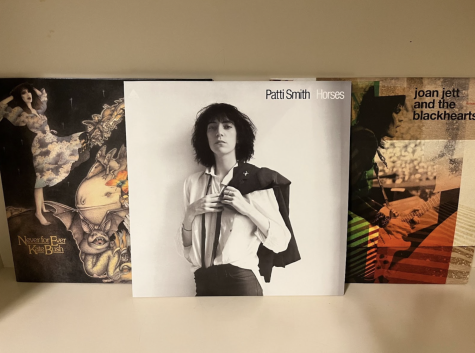
For some, “in” simply means what is trending and popular. Think Taylor Swift, Harry Styles, SZA. But for others liking only mainstream trending artists makes you uncool because you are defining your own interests based on what the general public thinks and not on how you truly feel.
For my own tastes, I prefer music that has been around for 30ish years. Elliot Smith, Mazzy Star, The Sundays. And I listen to these artists and bands not only because in my circles they are what’s “in,” but also because I genuinely enjoy their music. I can cry to Elliot Smith any time of day or fall asleep to Hope Sandoval’s gentle voice no matter how awake I am.
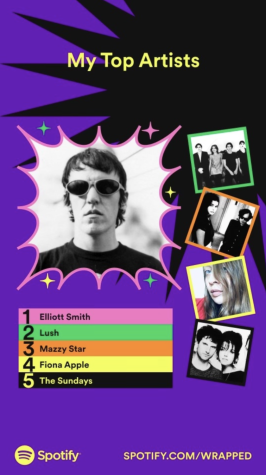
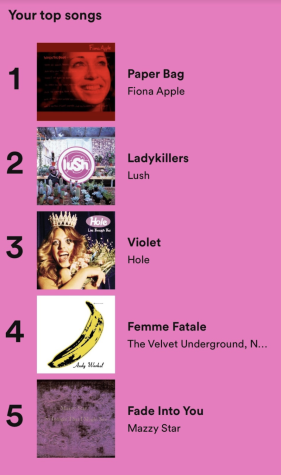
But there’s another insidious aspect to musical cultures: having to prove just how “in” to a group you are. Sometimes it’s not enough to sit down and talk about the shared music you enjoy. There’s always someone who tries to vet your level of fanship or prove they’re superior. “Name your five favorite songs.” “What’s your favorite album?” “Thoughts on [obscure fact about the artist]?” One cannot be a casual fan if they mention an artist they like.
And I get it. I don’t fault anybody for gatekeeping their musical fiefdom. I know from numerous past experiences that favorite songs, shows, and clothes feel less special when others you know are doing and buying them too. But it begs the question of how music can ever be discussed and enjoyed if it’s either a way to raise oneself above their peers or a never-ending competition. Music loses its enjoyability when it’s solely a solitary activity, which is why we need to stop judging people for their musical taste.
And I don’t mean to exempt myself from this behavior. I do it all the time—and perhaps I even enjoy scrolling through people’s playlists on Spotify, reassessing my perception of them based on the artists they’re listening to.
Spotify Wrapped, a service provided by Spotify at the end of the year shows what your most listened-to genres, songs, and artists are. Many people post their own breakdowns on Instagram, providing the perfect opportunity for people like me to swoop in and make assumptions about quite literally every single person I’m following.
But I also exist on the other side of this issue. There’s a bit of shame when I listen to anything outside of the sphere deemed cool. I will not readily admit that my elementary school phase of enjoying musical theater has not worn off. That the show tunes in my record collection might outnumber alternative rock. And anytime somebody brings up my liking for musical theater, I play it off as a joke.
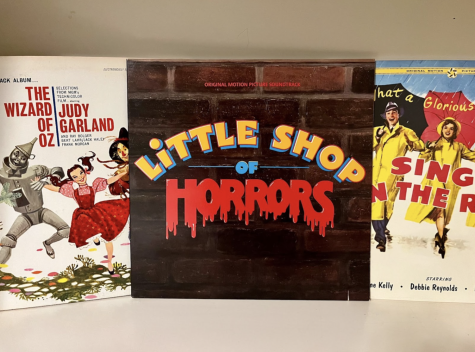
I’ll often joke that I’m “going through my musical theater phase” or that my “inner theater kid is coming through.” But the truth is that I enjoy it—genuinely. Perhaps as much as the obscure indie 90s dream pop I so pride myself on listening to. Go ahead. Judge me.
As I’ve begun to focus on holding back my judgment of others, I’ve been forced to recognize why I and so many people are so protective of something seemingly silly like music. Not only do the artists we choose sort us into social groups or the select group of the musical elite, but they also indicate our own personal and individual identities.
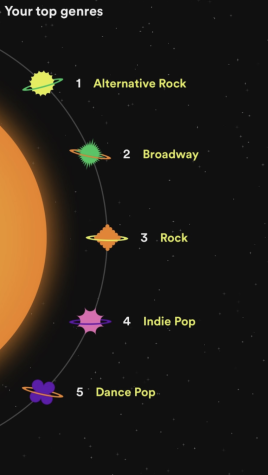 The songs I choose to listen to hold meaning or nostalgia for me. No, I don’t relate directly to the heart-wrenching breakups in so many of my favorite artist’s songs, but in everything, there are bits and pieces where I see reflections of who I am or my own values. And when I listen to musical theater songs I am reminded of singing those tracks in my car as a fifth grader preparing to perform, belting out songs from Bring It On and Sound of Music.
The songs I choose to listen to hold meaning or nostalgia for me. No, I don’t relate directly to the heart-wrenching breakups in so many of my favorite artist’s songs, but in everything, there are bits and pieces where I see reflections of who I am or my own values. And when I listen to musical theater songs I am reminded of singing those tracks in my car as a fifth grader preparing to perform, belting out songs from Bring It On and Sound of Music.
So next time you begin to judge others or hide your own interests, remind yourself that elite music taste cannot be defined by you, your friends, or even a top musician. The songs and artists we gravitate to are based on our own experiences and values, not by some arbitrary “coolness” gods.

Eliza is a senior and the Editor in Chief of Spyglass this year. This is her fifth year on staff and her third year as an editor. Outside of Spyglass,...
Cyana is a senior and is a year into Spyglass Design. She is super excited to work with everyone and hopes to explore different art forms through her work...








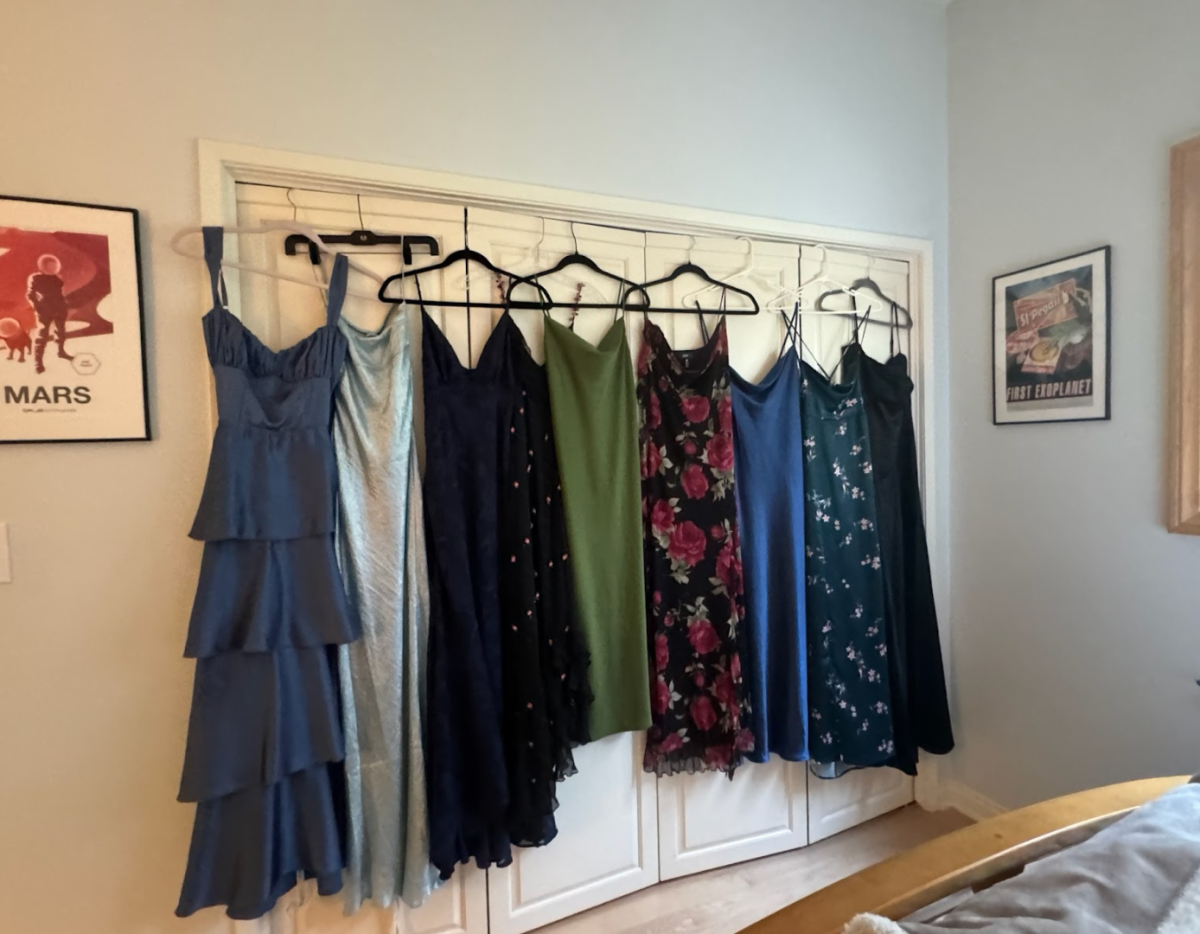








![Dr. Zanita Kelly, Director of Lower and Middle School, pictured above, and the rest of Westridge Administration were instrumental to providing Westridge faculty and staff the support they needed after the Eaton fire. "[Teachers] are part of the community," said Dr. Kelly. "Just like our families and students."](https://westridgespyglass.org/wp-content/uploads/2025/03/dr.-kellyyy-1-e1748143600809.png)






















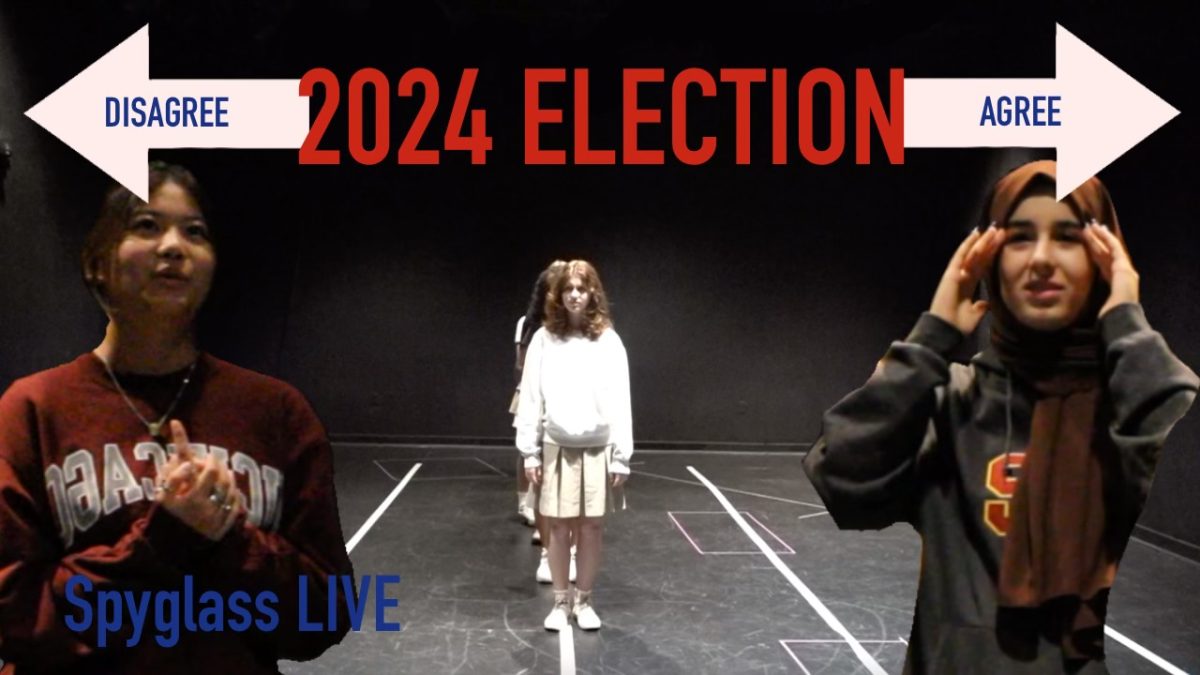




















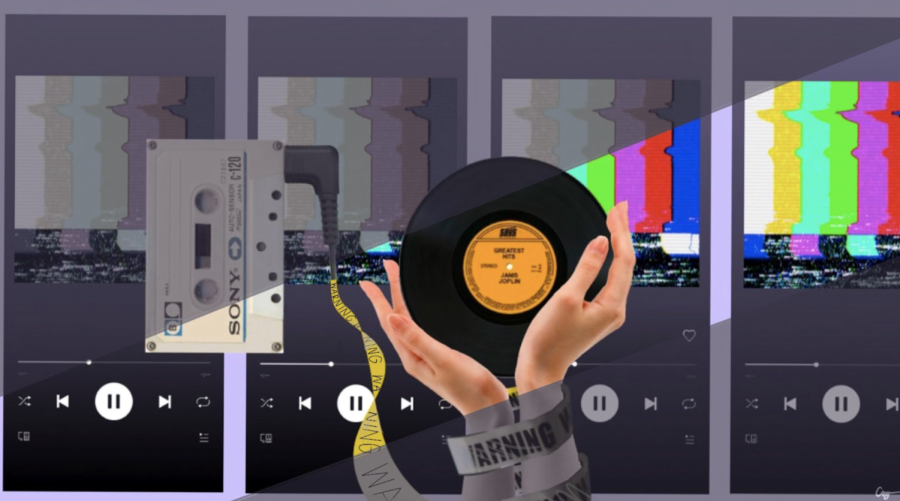



Bellamy S. • Dec 12, 2022 at 4:39 pm
see the way i answer when someone asks what i’m listening to is just saying “music.” then i put my headphones back on so they can’t ask anymore. sure it comes off as rude but it’s worse than the embarrassment of what i’m actually listening to. (the same song, for 5 days straight…)